"The call for early elections is just a communications tactic from Peter Magyar. It’s like the ‘national flag with a whole' [symbolic of Hungary's 1956 Revolution - ed.] narrative—he spotted it, used it, squeezed it out like a lemon, and then discarded it,” Kiszelly pointed out, adding,
According to Szazadveg's polls, Peter Magyar and his Tisza Party have 34% support, while DK (Democratic Coalition) has only 4-5%. Magyar is leveraging his base of “anti-opposition” voters and now, with this new topic, is trying to attract additional government-critical voters.
The Tisza Party chief's most important message, according to the analyst, is his promise of swift change for those who want to see a new government. This strategy is aimed at pulling voters from other opposition parties like Mi Hazank (Our Homeland), DK, or even the Kutyapart (Two-Tailed Dog Party).
Gyurcsany, the head of DK, jumped on this bandwagon because he doesn’t want his voters to drift away,
Kiszelly noted, emphasizing that "there is no real chance of early elections happening in Hungary", in his opinion.
There have been three occasions in the past where early elections should have been held in this country, but it never actually materialized. The Fundamental Law clearly states the conditions under which Parliament can be dissolved, and those conditions are not currently met. Unlike in Western Europe or Slovakia, Hungary enjoys a stable government majority,
the expert stated, adding that early elections are usually triggered when the smallest governing party decides to break up the coalition, hoping that voters will reward them for distancing themselves from an unpopular government. However, in Hungary, this is not relevant, as early elections can only happen if the governing majority decides to call them.
Gyurcsany doesn’t want to fall behind Peter Magyar, who is trying to corral all the government-critical voters into the Tisza Party. With his demands for early elections, Magyar is effectively promising an immediate change of government,
the director of political analysis at Szazadveg concluded.
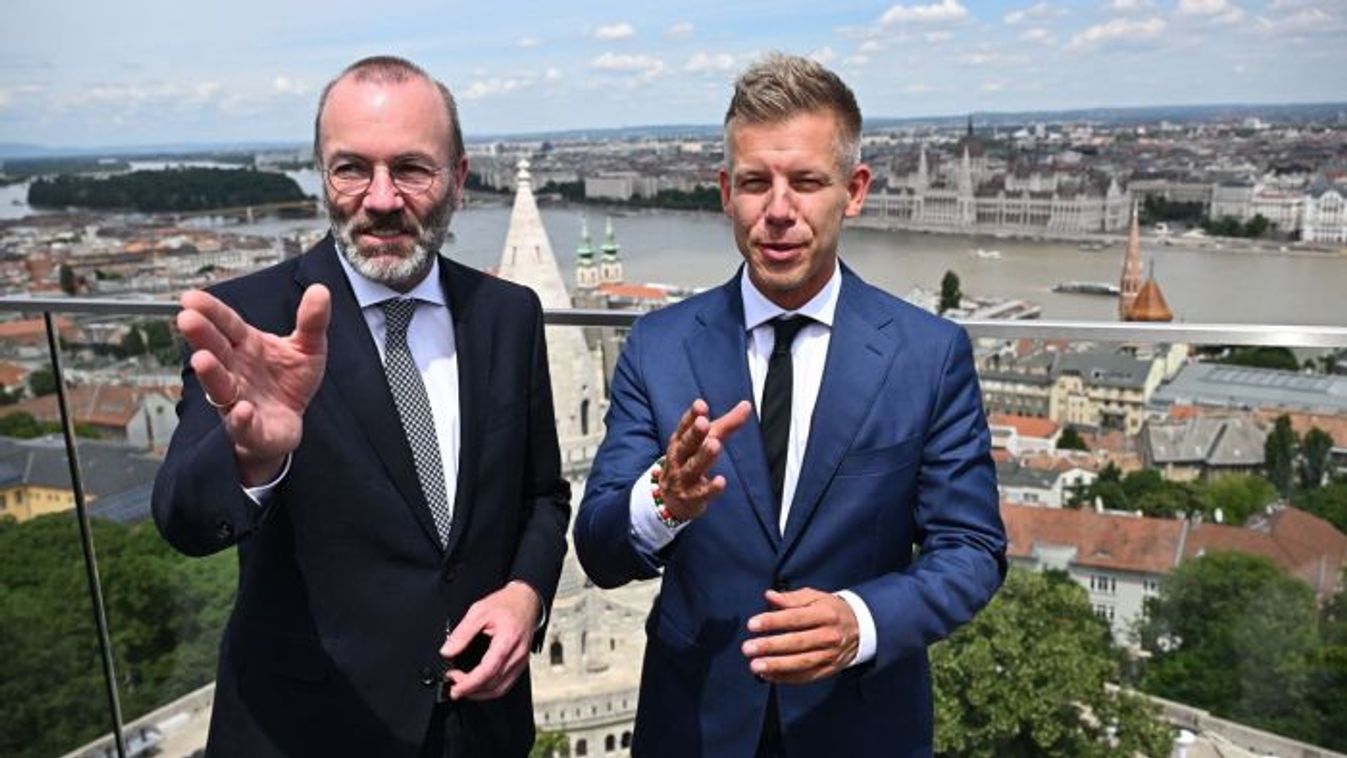

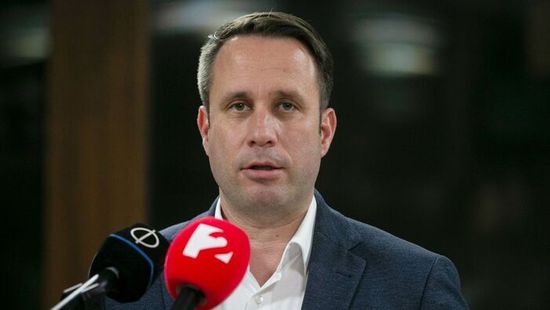
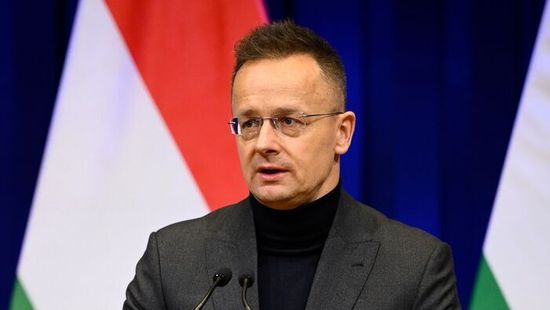


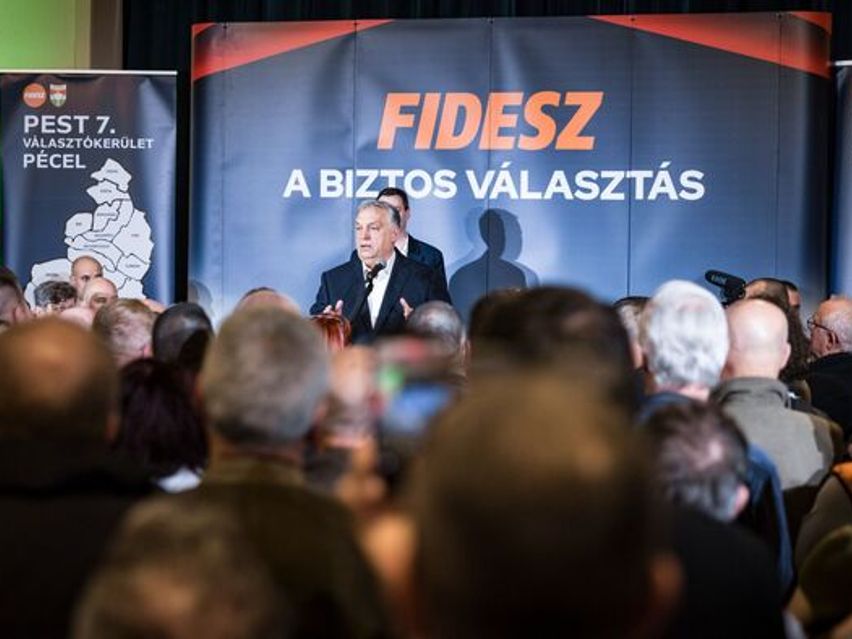


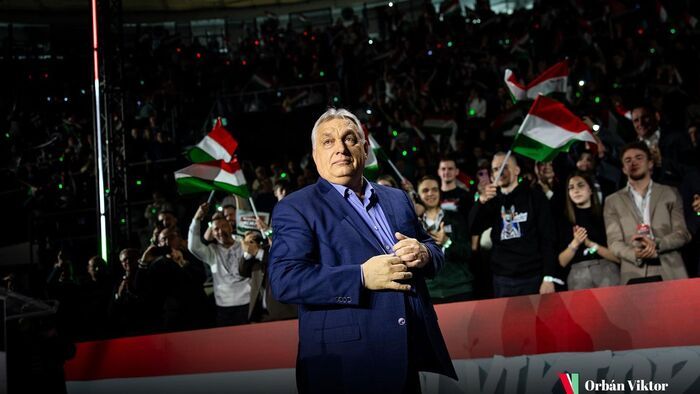


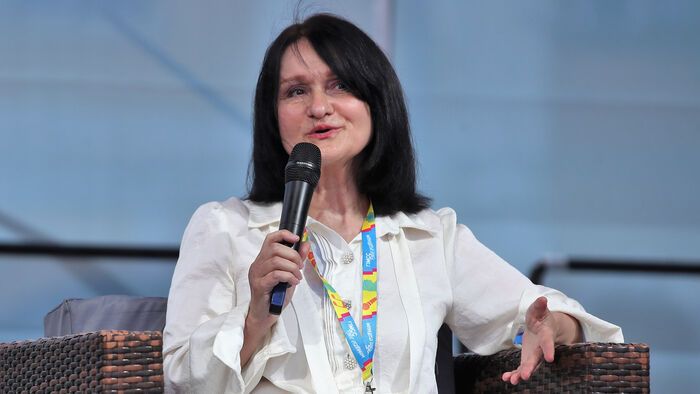
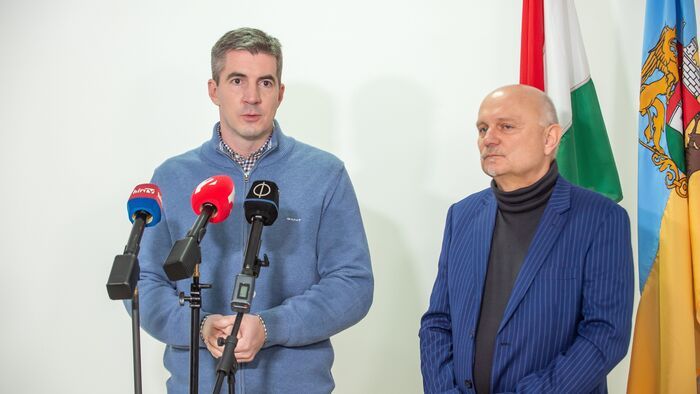


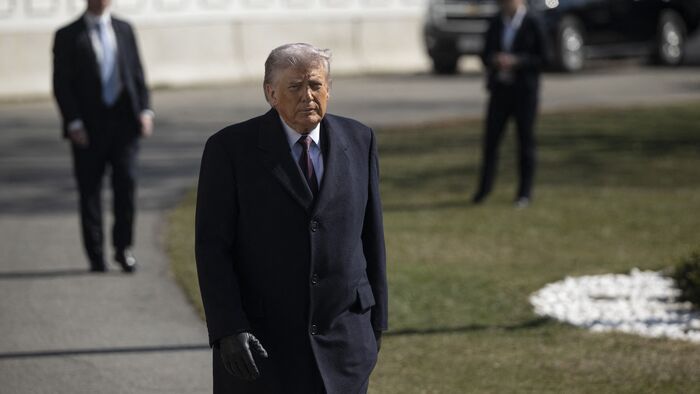
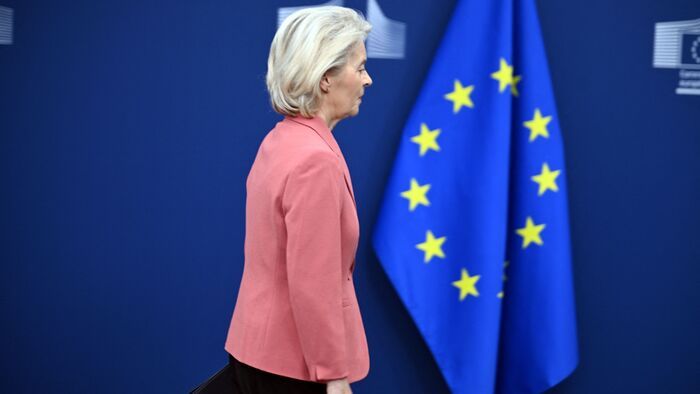


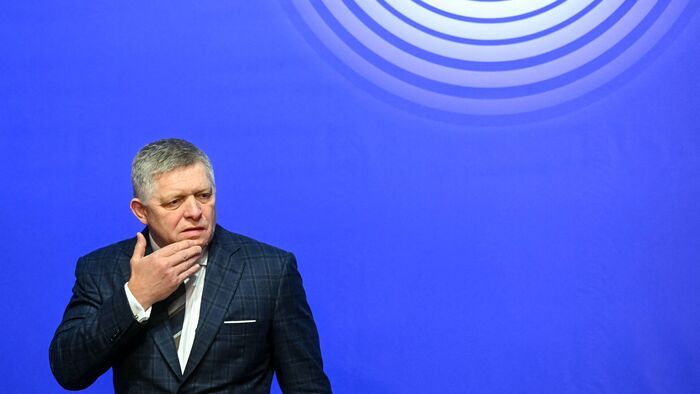


Szóljon hozzá!
Jelenleg csak a hozzászólások egy kis részét látja. Hozzászóláshoz és a további kommentek megtekintéséhez lépjen be, vagy regisztráljon!